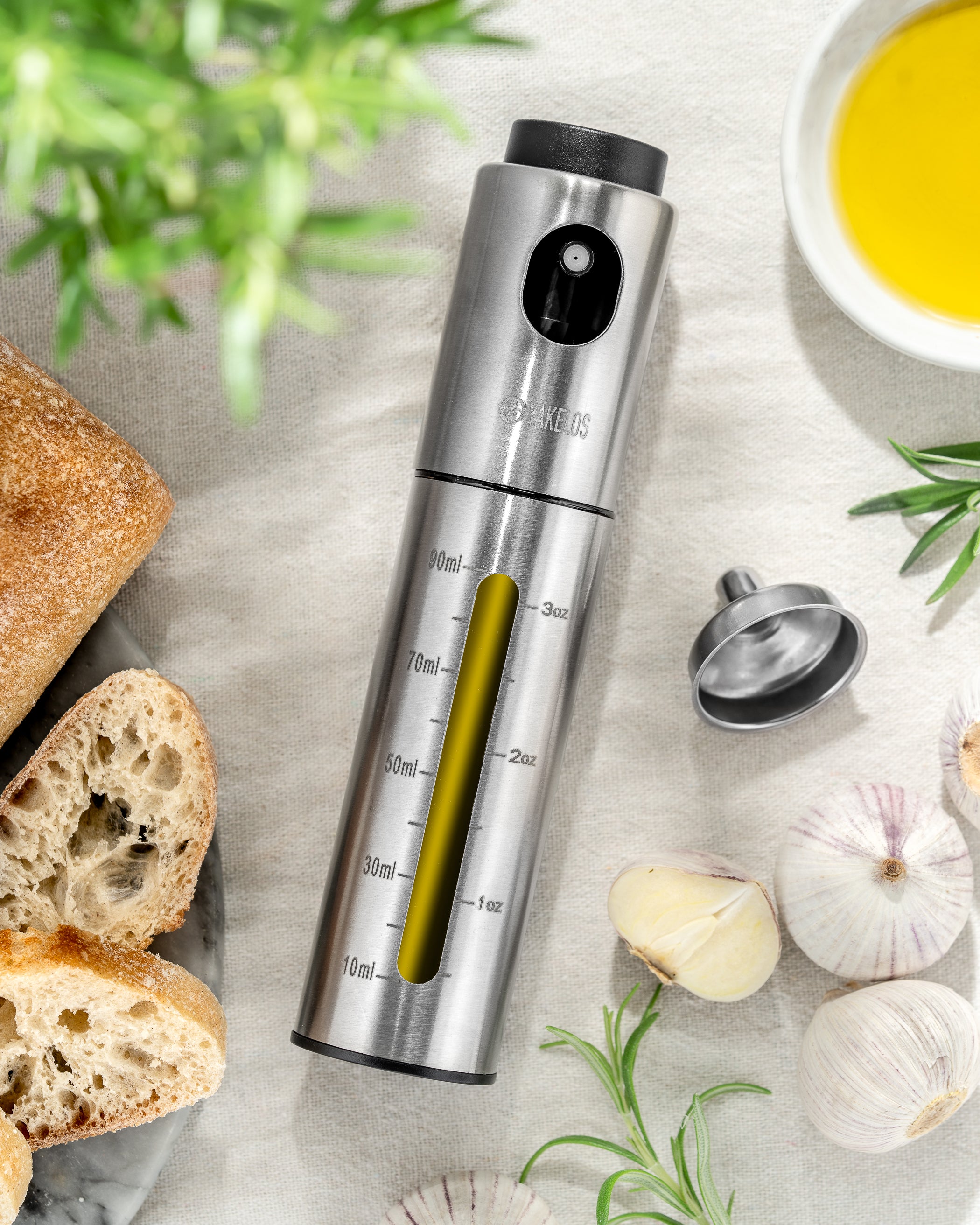Global Warming: A Long-Term Trend
Most scientists agree that the Earth has been warming for quite some time. While the causes remain a topic of debate, the fact of global warming itself is largely undisputed. This warming trend seems less connected to overpopulation and industrialization, and more likely a natural cycle influenced by the sun. Sea levels, for example, have been rising steadily since at least 1863 [1].
Desertification in Southern Europe
One clear consequence of climate change in southern Europe is desertification — the slow but steady expansion of desert-like conditions. This process has serious implications for agriculture, especially for olive cultivation.
There are thousands of olive cultivars in Europe, each carefully adapted over centuries to the unique climate and soil of its region. As rainfall decreases and groundwater levels drop, some of these cultivars will inevitably struggle, leading to lower harvests. In some regions, agriculture may eventually become impossible, according to recent scientific studies [2].
Soil Health Under Threat
The health of the soil — crucial for olive trees — is also under pressure. Declining organic matter, pollution, erosion, and soil compaction (which restricts root growth) threaten the organisms that enrich soil health, like fungi and bacteria. These organisms often live in symbiosis with olive tree roots and are vital for healthy growth.
Tunisia: An Exception?
In Tunisia, the threat of soil desiccation is less immediate. The Chemlali olive cultivar, widely grown in the region, is naturally well-adapted to dry conditions. This resilience may even offer Tunisia a competitive edge in olive production as climate conditions change.
Discover Our Tunisian Olive Oil
While the future of Mediterranean olive cultivation faces serious challenges, Tunisia’s resilient Chemlali olives continue to thrive in their natural environment.
Curious to taste the difference?
Discover our premium Tunisian olive oil here.
Sources:
[1] Walker et al., Timing of emergence of modern rates of sea-level rise by 1863, Nature Communications, 2022.
[2] Ferreira et al., Soil degradation in the European Mediterranean region: Processes, status and consequences, Science of The Total Environment, 2022.




